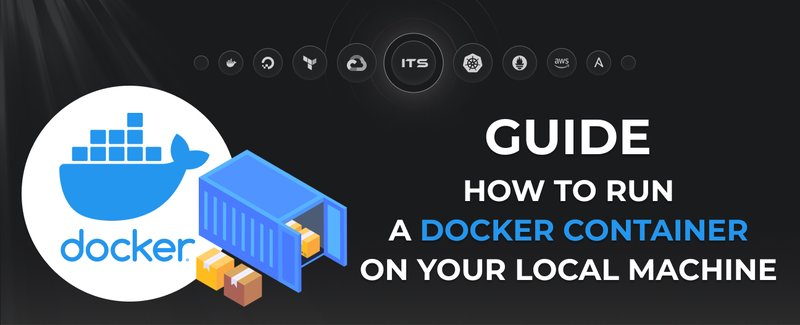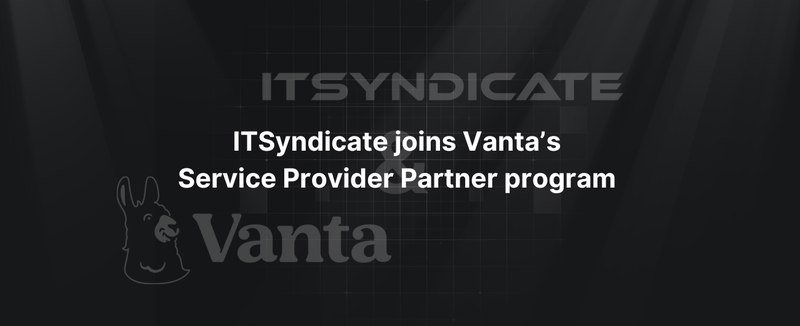Scaling a startup is a complex and multi-dimensional process, demanding a nuanced understanding of various factors, from market dynamics to technological innovation. This comprehensive guide explores the essentials of scaling up a startup, focusing on practical strategies and real-world examples.
Understanding scaling and its stages in the startup lifecycle
Scaling in the startup world refers to efficiently handling increased demands, where output growth outpaces the cost rise. The journey through various stages of a startup - from ideation to maturity - presents unique challenges and opportunities for scaling. For instance, the focus is on product-market fit in the early stages, while the growth stage demands market expansion strategies. Timing is critical in scaling. A startup is ready for this phase when it sees consistent demand, a growing customer base, and stable revenue. An example of this is a tech startup that experiences an increase in app downloads and user engagement, indicating a ripe moment for scaling.
Key strategies for effective scaling
Revenue and customer base expansion
Revenue scaling involves exploring new markets and diversifying revenue streams, like a mobile app and adding e-commerce features. Similarly, expanding the customer base requires targeting new segments and improving marketing efforts. A localized e-commerce platform going global with targeted social media campaigns exemplifies this strategy.

Operational efficiency and technological backbone
Operational efficiency, a vital aspect of scaling, can be enhanced through process automation and technology integration. Cloud automation for startups, for instance, plays a crucial role in achieving this efficiency. As operations expand, the workforce needs to grow proportionally. However, it's not just about numbers; it's about enriching the team with diverse skills and aligning them with the startup's culture and goals.
Infrastructure scalability, especially in technology, forms the backbone of growth. Cloud architecture and engineering provide scalable solutions that adapt to the startup's evolving needs. For instance, employing AWS or Azure services can offer the necessary infrastructure without the high costs associated with physical servers.
Financial and competitive considerations
Securing appropriate funding is pivotal for scaling. Whether it's through venture capital, angel investors, or crowdfunding, each avenue offers different advantages. Additionally, navigating the regulatory environment is crucial, especially for startups in sectors like fintech or healthtech. Economic factors, like market trends, also significantly influence scaling strategies.
A thorough competitive analysis can provide insights for crafting strategies that offer a competitive edge. For example, studying competitors' successes and failures can help shape an effective scaling strategy.
Digital marketing and sales strategies
Digital marketing, including SEO and content marketing, is essential for reaching a broader audience. Similarly, developing scalable sales strategies is crucial. This involves creating replicable sales processes and training sales teams for efficiency.
Leveraging technology for innovation and efficiency
Staying abreast of technological trends like AI, IoT, and blockchain is crucial for scaling. These technologies can provide new avenues for innovation and operational efficiency. For instance, AI can be used for customer data analysis and enhancing marketing strategies.

Sustainable scaling and cultural considerations
Sustainable scaling involves making ethical decisions alongside financial growth, considering the environmental and social impacts. Maintaining a solid company culture amid rapid growth is vital, ensuring core values remain intact.
Leadership and customer service
Scaling brings unique leadership challenges. Leaders must evolve their skills to manage larger teams and make strategic decisions. Similarly, customer service must scale alongside the business, employing technologies like chatbots and CRM systems for efficiency.
Measuring success and risk management
Defining and monitoring KPIs like customer acquisition cost, lifetime value, and churn rate offer insights into the effectiveness of scaling strategies. Identifying and mitigating risks, involving contingency plans and maintaining operational flexibility, is essential.
Elevate your startup: take the scaling leap!
Ready to propel your startup to new heights? Dive into the essentials of effective scaling with our comprehensive guide. Don't wait – seize the opportunity to scale and thrive!
Navigating the path to successful scaling
Scaling a startup requires careful planning, adaptability, and a deep understanding of market dynamics and the startup's capabilities. By focusing on critical strategies like DevOps for startups, cloud architecture, cloud automation, cost optimization, and security for small businesses, startup leaders can navigate the path toward sustainable growth and long-term success. The scaling journey is not just about growth; it's about growing smartly and sustainably, ensuring that each step taken aligns with the startup's core values and long-term objectives.
Docker commands and Dockerfile usage for running containers on a local machine
Docker commands and Dockerfile usage for running containers on a local machine
Netflix tech stack for powering streaming backend and cloud solutions






